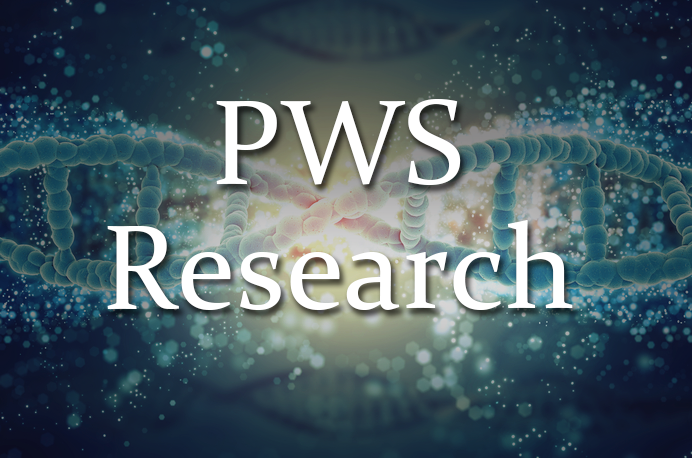Topics: Research
Myostatin normally keeps muscles from growing. Scientist are trying to inhibit myostatin as a therapeutic approach for kids with muscular dystrophy; this strategy has just entered clinical trials using an antibody that sops up the myostatin.
Here is a new study just out in the journal Pediatrics using the new formulation of modafinil for ADHD in children (age 6-17) (a formulation for which Cephalon is seeking FDA approval in children). Modafinil is a "wake promoting" drug that is thought...
Topics: Research
Brain imaging is really starting to come into its own these days --- the technology is improving and scientists are getting better at interpreting the results. In addition, the NIH is emphasizing support of imagining technology, so hopefully the fiel...
Topics: Research
Below you'll find the abstract for a newly published paper trying to narrow down exactly which DNA sequences in the PW region of chromosome 15 are responsible for PWS.
Topics: Research
Sense about Science is a UK nonprofit that promotes evidence-based science and public education/discussion regarding the scientific process.
Topics: Research
Dr. Rob Nicholls has just published another study supported by FPWR. You may recall that his group developed a mouse model of PWS (and Angelman's syndrome if inherited maternally) some years back. We are currently supporting his studies to better cha...
Topics: Research
Below is a link to recently published paper from Dr. Francke's group at Stanford Univ. You might recall that Dr. Francke received an FPWR grant in the first funding cycle (2003), and the work in this publication was supported by those funds.
Topics: Research
Here is an article in which the authors investigated why people with PWS have high levels of ghrelin in their blood. They wondered if perhaps it had something to do with growth hormone (GH) deficiency, which is common in PWS.
Topics: Research
Nature Neuroscience is a top notch science journal and this month they have a feature: "Feeding Regulation and Obesity". This 'focus' includes several comprehensive (and pretty hard-core science) reviews on the current understanding of the neurobiolo...
Topics: Research







